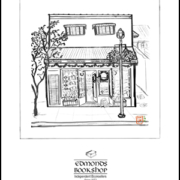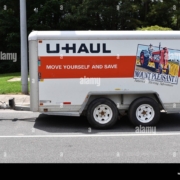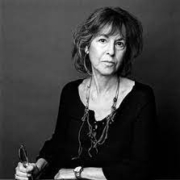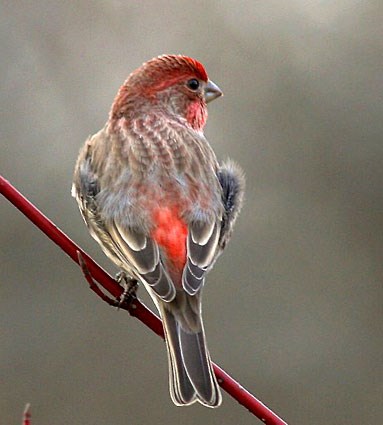Reading at Edmonds Bookshop, tonight!
This evening at Edmonds Bookshop, at 6:30, I will be reading with four other northwest poets (click here to see the list), including my friend, Bellingham poet Jennifer Bullis.
This morning, sitting in bright sunlight under a row of (I think) Acacia trees, I reread Jennifer’s book Impossible Lessons (see a review, here), and tried to choose just one to share. It is a rich book — mythology, horses, babies, birds — and I happily recommend the whole of it to you. But here, just in case you have any questions, her poem, “The Answer.”
THE ANSWER
After the windstorm, a pileated woodpecker
works the dead trunk of a newly leaning maple.
He pulls his scarlet-crested head back
the full length of his black and white body
with each pounding stroke of his beak,
scattering moss, bark, bits of rotted wood
on the forest floor. I want to know
why his head is shaped like an anvil
and why he is fated to hammer
for his food. I want to know why
this particular maple snag has lost its footing
among so many of its neighbors.
I crave a sound rationale as to how
this one, of all of them, was singled out
by the beetles and fungi that killed it
in the first place. But I learn nothing
except by the woodpecker’s breaking off
his analysis of the tree and flashing past
all my questioning, the red crest of his head
a sweet and vivid and impossible lesson.



 Ted Kooser’s
Ted Kooser’s 


